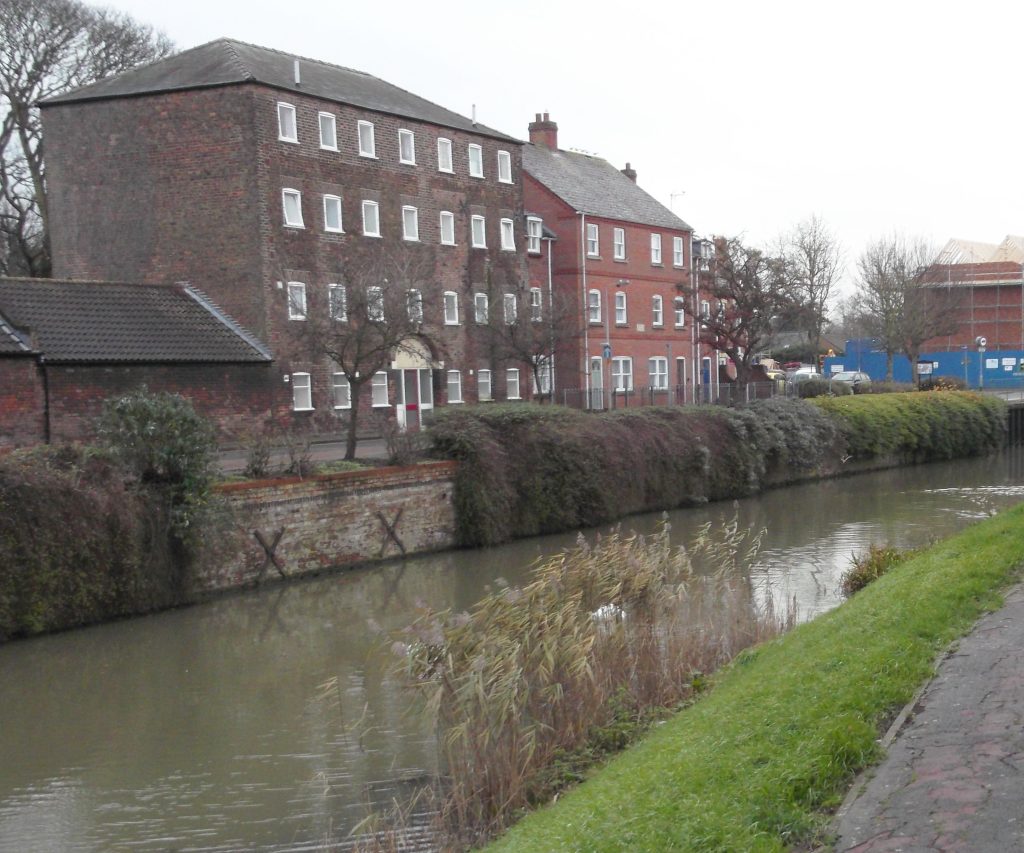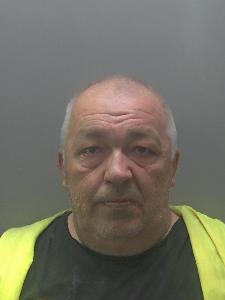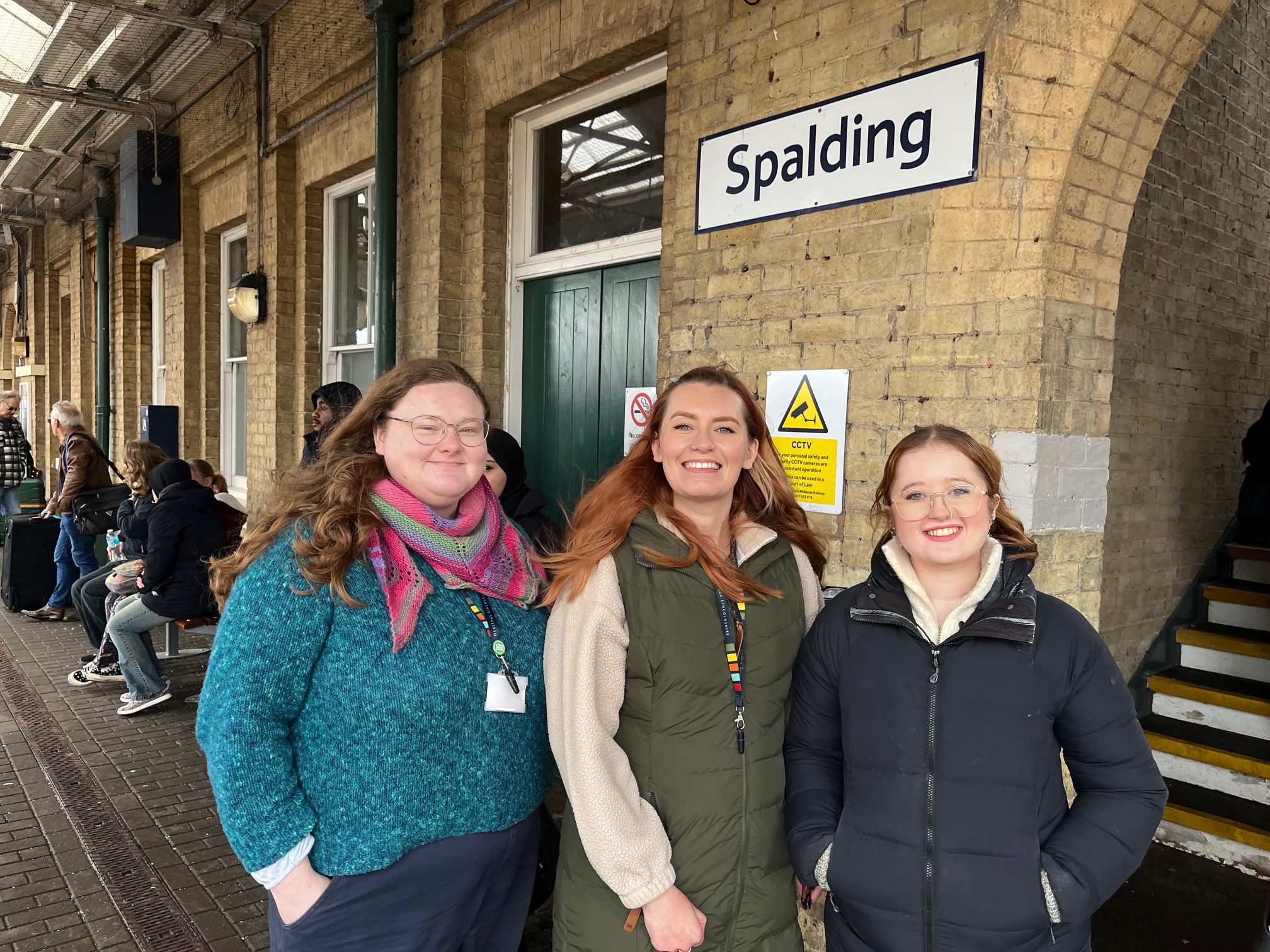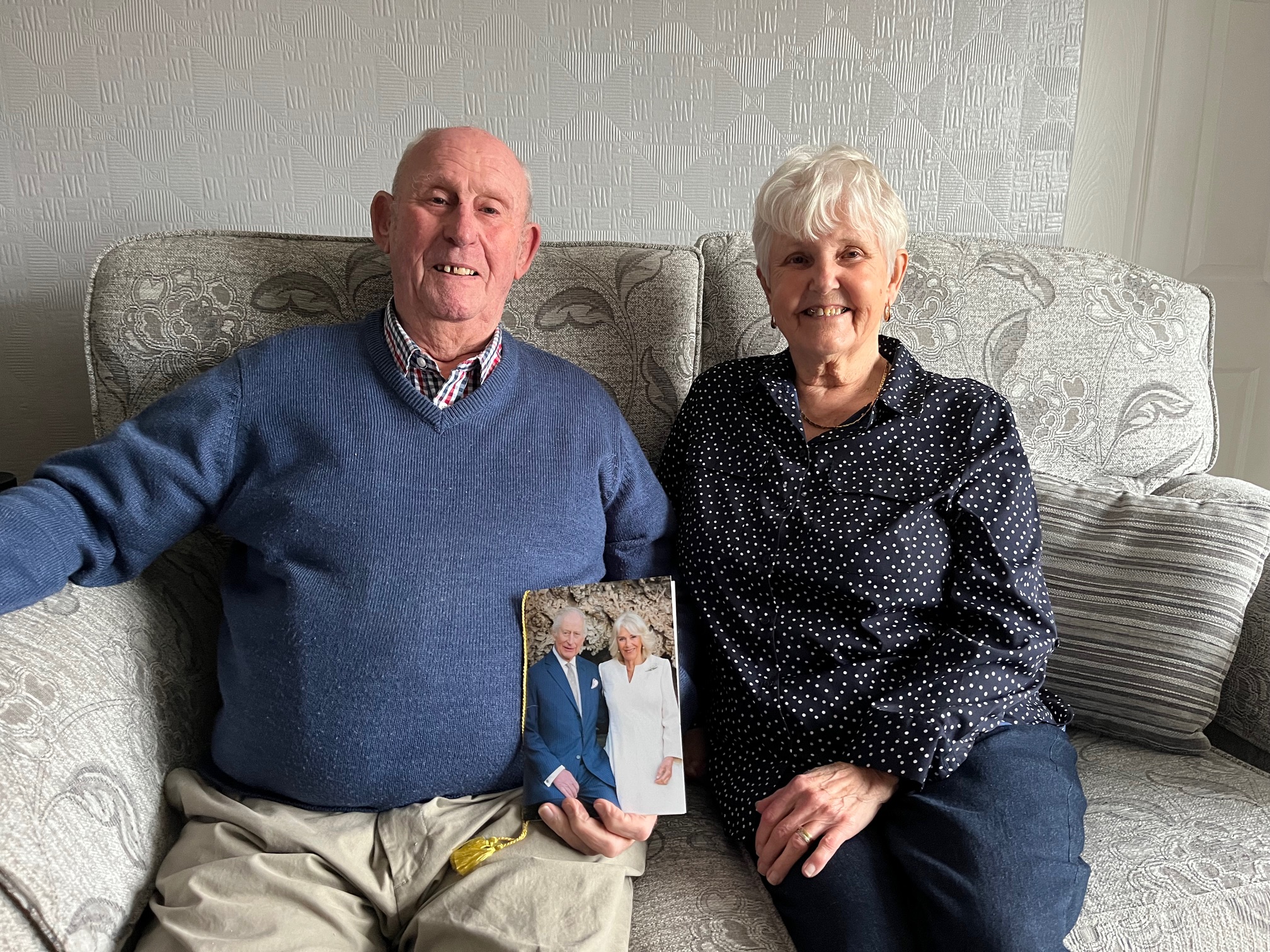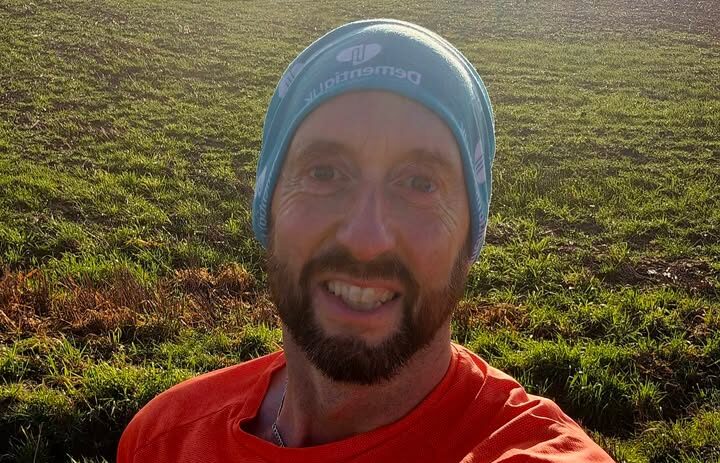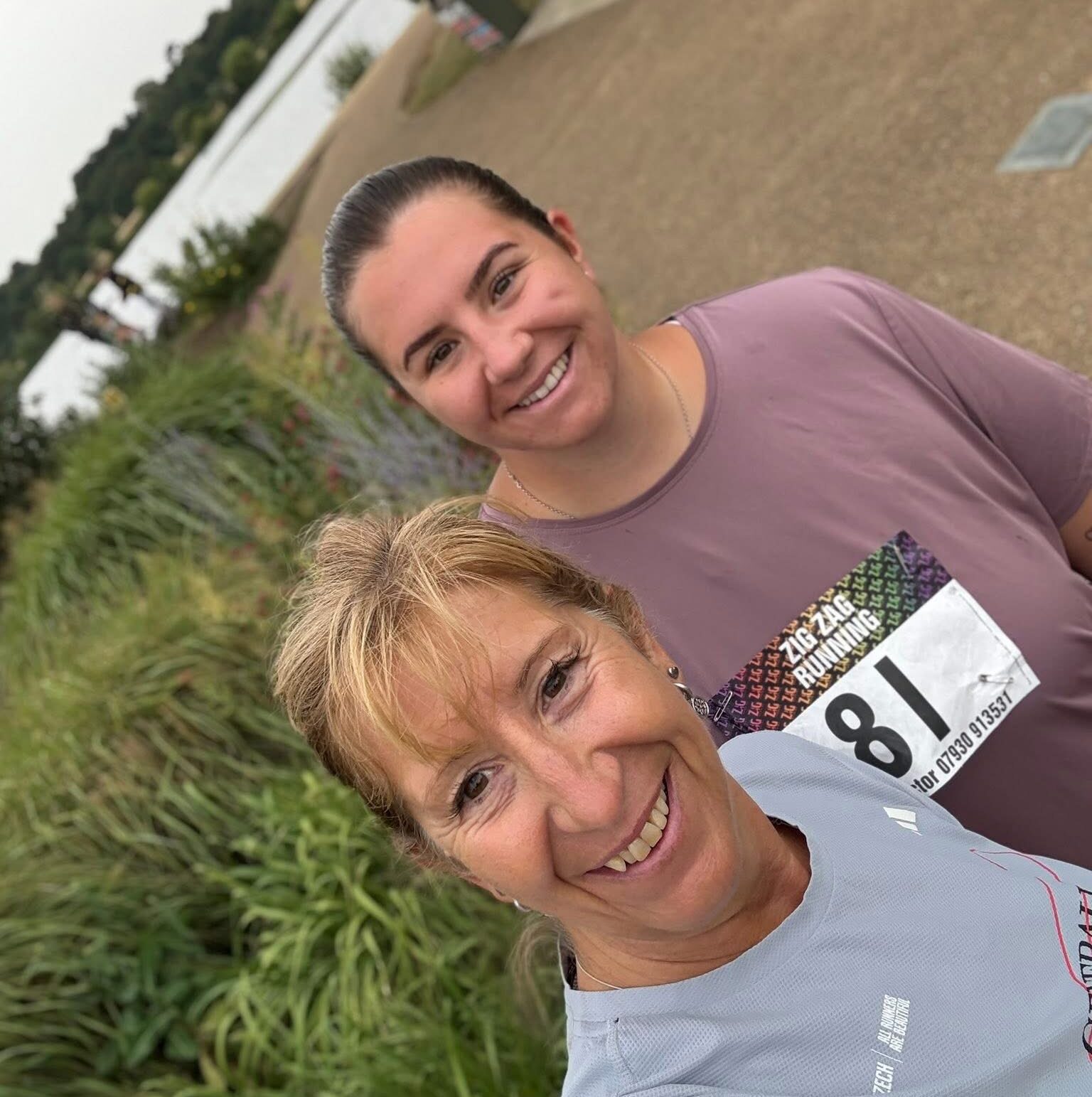Police say good progress is being made in tackling anti-social issues affecting Spalding.
Incidents of street drinking, rough sleeping and groups of youths congregating – giving rise to residents’ unease – have been dramatically reduced, following a concerted effort by officers.

Police acknowledge that problems still exist, but to a much lesser extent than just 18 months ago thanks to partnership working with bodies such as South Holland District Council, UK Border Agency and the charity and social enterprise P3, based in Westlode Street.
Sgt Andrew Mitchell says the deportation of a handful of people has had a direct impact on levels of criminality and anti-social behaviour.
He added: “I’ve been here seven years and my perception is that we get less violence now. We do still have issues but people feel fairly safe round here.”
He said much progress had been made with drinking and, consequently, litter around Gore Lane car park, predominantly by groups of foreign nationals.
“I can see how, to a member of the public, that might look initimidating,” he said. “Clearly it’s not a beautiful place but it’s much better than it was.”
A dispersal order issued for the area around Ayscoughfee Gardens was a useful measure for police to allay the public’s perception of youths causing a nuisance, even if that was not always the case.
Sgt Sharon Hall said: “These are public places, not no-go areas, so it’s about managing large groups of youths.
“We’re also doing projects with schools, such as the Junior PCSOs scheme.”

And Dave Walker is one of three Police Community Support Officers in Spalding. He covers about seven miles a day on foot patrol, providing a visible presence and a valuable listening point for the public to report incidents or relay any concerns.
South Holland community policing inspector Jo Reeves recently made the decision to end neighbourhood policing panels, which convened quarterly to set three priorities for policing in that patch. The panels were intended to be made up of a cross-section of the communities they serve, but it was felt that they were not truly representative.
From next month officers will spend more time engaging with people on the street, including through a serious of roadshows.
Insp Reeves said: “It’s about prioritising our resources.
“I believe that being seen and investigating the things going on is a better use of our time than sitting in meetings.”

